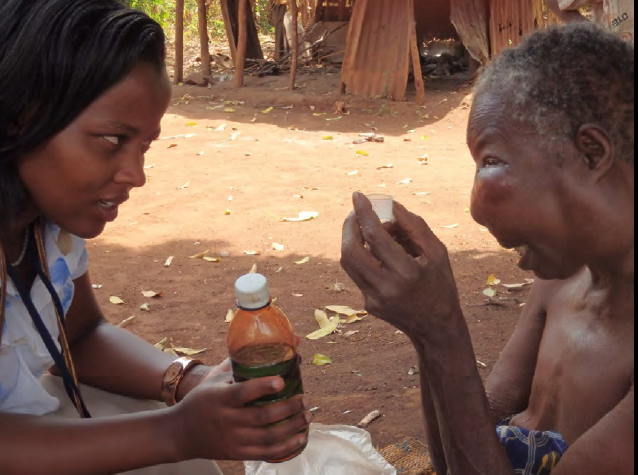A daughter of a patient describes the ethos of palliative care. “They allow us to explain everything and they listen. We don’t even call them doctors; we call them family members. The way they treat us is like family.”[i]
Palliative Care is a multidisciplinary approach that cares for family and community members during life’s most vulnerable moments. “Palliative” comes from the Latin “pall” (blanket or covering), denoting the comfort it provides. It focuses on the prevention and relief of pain at all stages of a patient’s disease. It includes both those living with chronic disease and those nearing the end of life. It differs from biomedicine because it provides a holistic approach that must first include pain management and symptom control; only after that point can the psychosocial, cultural, emotional, and spiritual needs of the patient and family be met. The ethos of hospice care not only supports these secondary needs by providing pain management but also by supplying additional resources that meet the patient’s support needs. Patients and their families need to be with a trained medical person with whom they can trust, feel comfortable with, and know will respect their individual cultural and spiritual beliefs.
